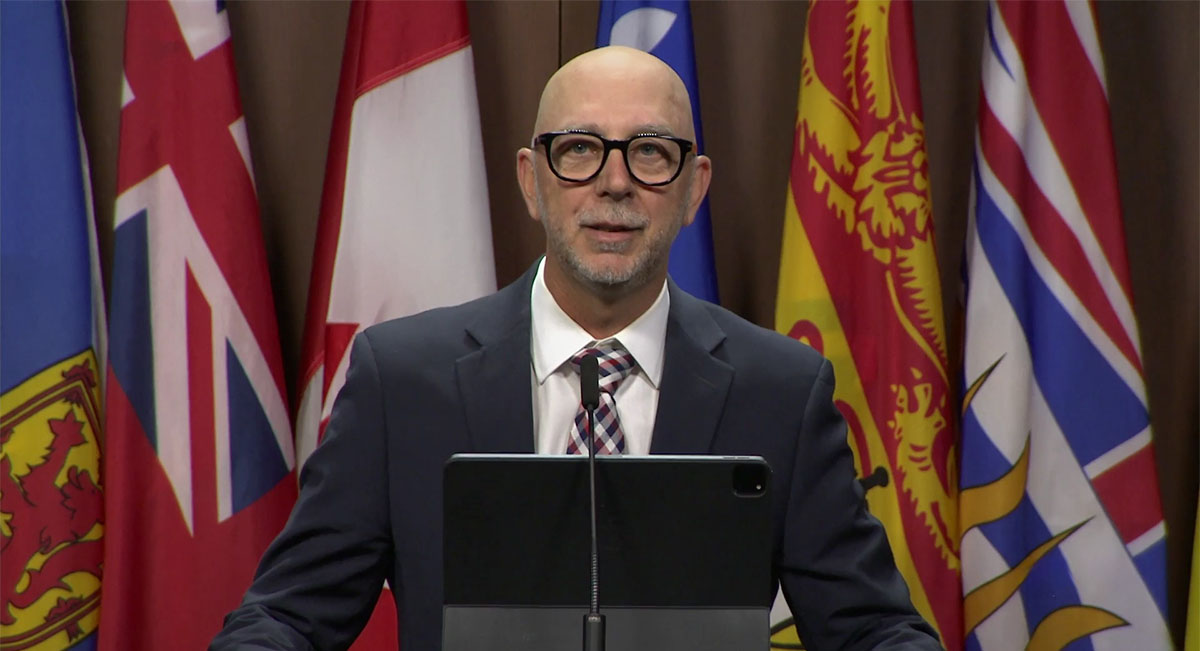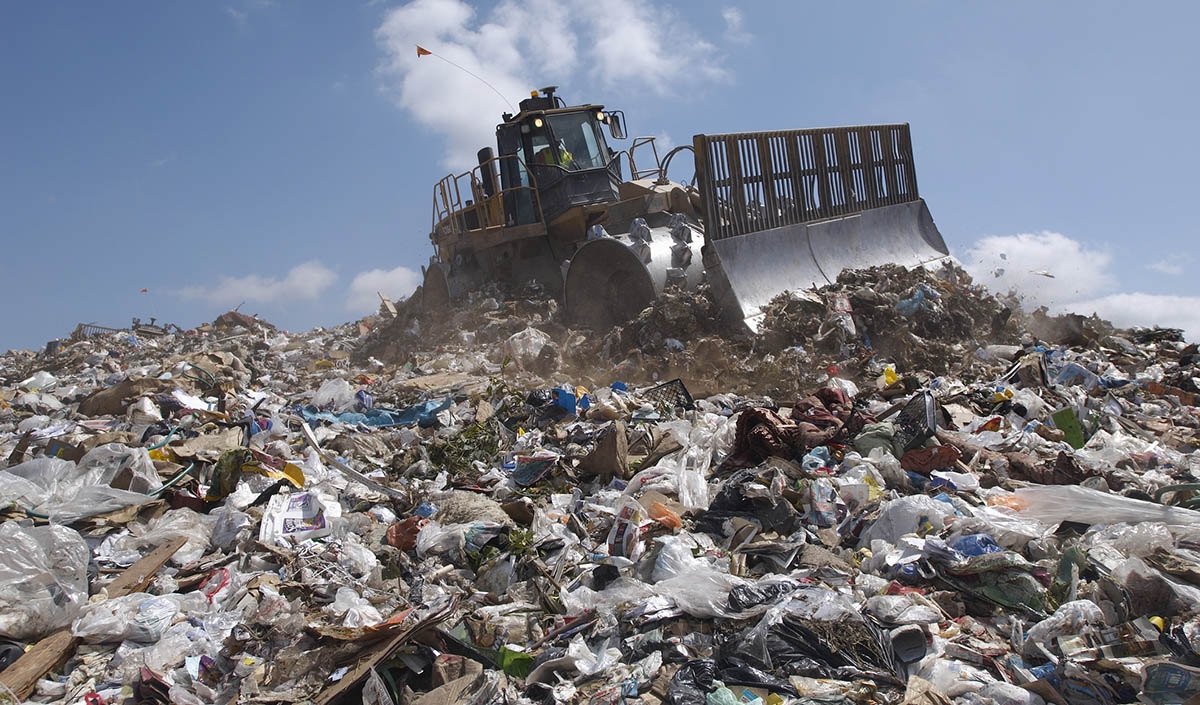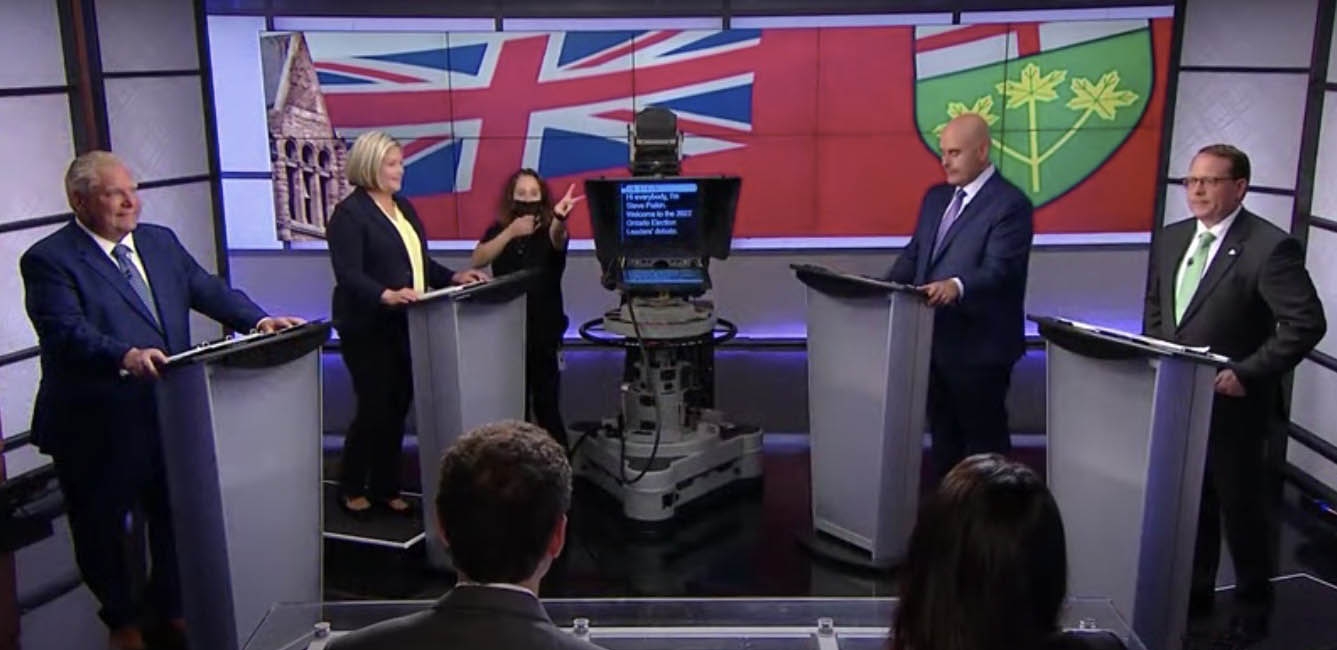
Public Health, Tobacco Industry Unite on Youth Vaping
Anti-tobacco groups and representatives from the tobacco industry were in Ottawa on May 26, calling for Health Canada to address the rising concerns over youth vaping in Canada. Their visit came ahead of the World Health Organization’s annual World No Tobacco Day on May 31, adding urgency to their message. They focused on the need for stricter regulations, better enforcement, and a comprehensive strategy to protect young people against the illicit vape market in Canada.
The Growing Problem of Youth Vaping
Youth vaping has become a significant issue in Canada over the past few years, with evidence showing an alarming number of teenagers taking up e-cigarettes. According to recent reports, although youth vaping has slightly declined, the numbers are still high, and public health organizations are pressing for more action.
“The rise of flavoured vaping products is a key driver of this epidemic,” said Flory Doucas, co-Director of the Quebec Coalition for Tobacco Control. “Flavours like fruit and candy appeal directly to young people, and until we remove them, we’ll continue to see more kids addicted to nicotine.”
The issue is compounded by the presence of illegal vaping products on the market. Despite regulations prohibiting the sale of vaping products to minors, black-market sales are widespread, making it easy for young people to get their hands on these products. Les Hagen, Executive Director of ASH Canada, pointed out, “The illegal market is thriving, and without stronger enforcement, these products will continue to find their way into the hands of minors.”
Imperial Tobacco Weighs In
In an unusual twist, Imperial Tobacco Canada, one of the largest tobacco companies in the country, also weighed in on the issue. Eric Gagnon, Vice President of Corporate and Regulatory Affairs at Imperial, acknowledged the need for tighter controls on vaping products, particularly flavoured ones, which have been a key point of contention in the debate.
“We agree that more must be done to restrict youth access to vaping products,” said Gagnon. “There are too many flavoured products on the market, and we support the federal government’s proposal to restrict flavours to tobacco, menthol, and mint. These are sufficient for adults who are trying to quit smoking.”
While Gagnon agreed with public health advocates on the need to protect youth, he also stressed the importance of evidence-based regulation. “We’re concerned that some of the ingredients currently permitted in vaping products have been shown to be carcinogenic. Any new regulations should be grounded in scientific evidence to ensure they are effective and safe,” he added.
Calls for Action on Enforcement and Black-Market Vaping
Both the anti-tobacco groups and Imperial Tobacco pointed to the growing problem of illegal vaping products as a major challenge. Despite existing laws, including the Tobacco and Vaping Products Act (TVPA), which prohibits the sale of vaping products to minors and restricts advertising, illicit sales continue to undermine the rules.
Gagnon called for better enforcement to address the problem. “Quebec’s experience has shown that without effective policing of illegal products, tougher regulations just push these items into the black market,” he said. “We need a national enforcement strategy to remove non-compliant products from stores and deal with the surge in online sales.”
Both public health organizations and tobacco companies agree that a national plan is needed to target illegal sales and protect youth from vaping. Without stricter controls, the illegal market will continue to thrive, making it harder to protect minors and enforce existing regulations.
The Legal Landscape in Canada
In Canada, the sale of vaping products is regulated by Health Canada under the Tobacco and Vaping Products Act (TVPA). Only licensed retailers, such as specialized vape shops, certain tobacco stores, and some adult-oriented businesses, are legally allowed to sell vaping products. These retailers must comply with strict regulations, including age verification requirements, to ensure that products are not sold to minors. Additionally, manufacturers and importers of vaping products must also be licensed by Health Canada before they can legally distribute their products in the country. Online sales are permitted but are subject to the same restrictions, including age verification and limits on advertising. Any products sold in Canada must meet specific safety and health standards set by Health Canada. Unauthorized vendors or those selling unregulated or illegal vaping products, especially to minors, face severe penalties under Canadian law.
The Role of Health Canada
Health Canada’s current stance on vaping is that it poses fewer risks than smoking traditional cigarettes but still carries health risks. The department has not officially endorsed vaping as a smoking cessation tool, and there is ongoing debate over whether vaping products should be marketed as a safe alternative to smoking.
Cynthia Callard, Executive Director of Physicians for a Smoke-Free Canada, emphasized the need for caution. “There’s no clear evidence that vaping helps people quit smoking. In fact, it may be leading to a new generation of nicotine addicts,” she said.
On the other hand, Imperial Tobacco maintains that vaping can help adult smokers quit. Gagnon pointed out, “The majority of adult smokers who have switched to vaping have relied on flavours to help them transition away from cigarettes. Banning all flavours would limit the options available to adults who are trying to quit.”
Moving Forward
The ongoing debate centres on how to protect youth from the potential harms of vaping, while also considering its role, if any, as an alternative for adults trying to quit smoking. Both public health organizations and tobacco companies agree that stronger regulations and better enforcement are necessary. As the discussion continues, the expectation is that the federal government will move swiftly to implement the necessary changes.
The newly appointed Minister of Health, Marjorie Michel, represents the riding of Papineau in Quebec. As a Member of Parliament from Quebec, she enters the vaping debate at a time when her home province already has some of the strictest anti-vaping laws in Canada.
Quebec’s provincial government has taken a firm stance on vaping, implementing regulations that include prohibiting the sale of flavoured vaping products, limiting where vaping can occur, and strictly enforcing age restrictions. This positions Minister Michel in a unique position, balancing her province’s rigorous approach with the national conversation about the regulation and future of vaping in Canada.
The consensus between public health organizations and the tobacco industry on the need for stronger regulations to address youth vaping provides a clear path for Health Canada to act. While their views on vaping as a smoking cessation tool differ, both sides agree on the need for better enforcement and tighter controls. As concerns over the illegal market and the availability of flavoured vaping products grow, there is widespread recognition that immediate action is necessary to protect youth.
At the same time, the potential role of vaping as an alternative for adult smokers must also be considered. With the debate over its effectiveness as a cessation aid ongoing, the focus now needs to shift to ensuring that any new regulations are evidence-based and properly enforced.
To access services to quit smoking in Ontario, visit www.smokershelpline.ca or call 1-866-366-3667 toll-free and talk to a quit coach.
Header image: Eric Gagnon, Vice President Corporate and Regulatory Affairs at Imperial Tobacco Canada, is pictured at a May 26, 2025, news conference in Ottawa addressing loopholes, misconceptions and inaccuracies regarding smoking cessation and nicotine pouches. (Screengrab: CPAC)









